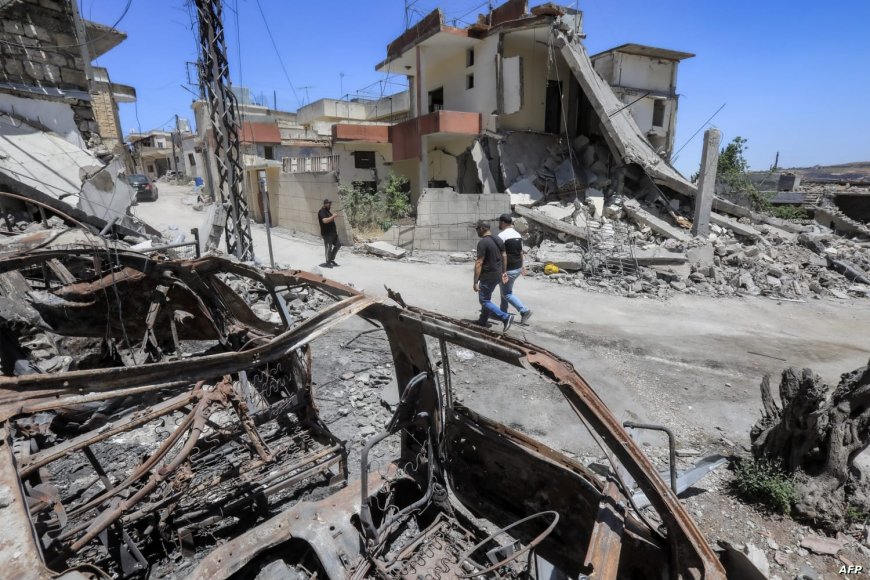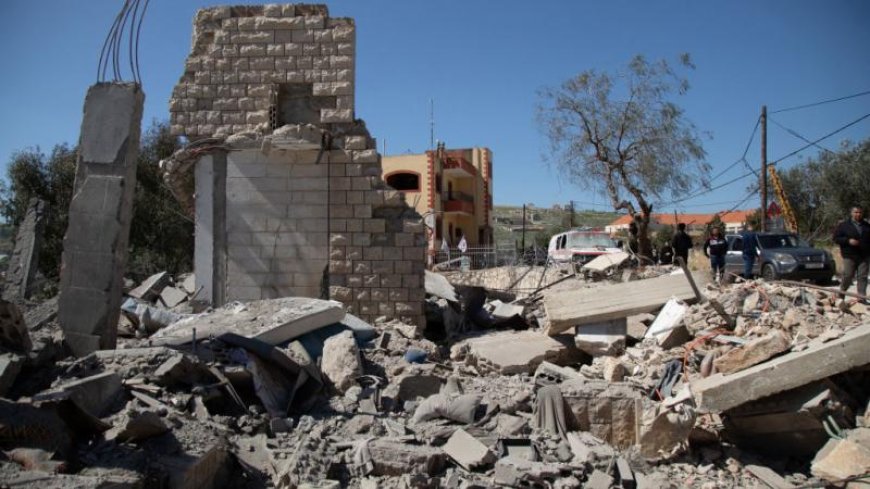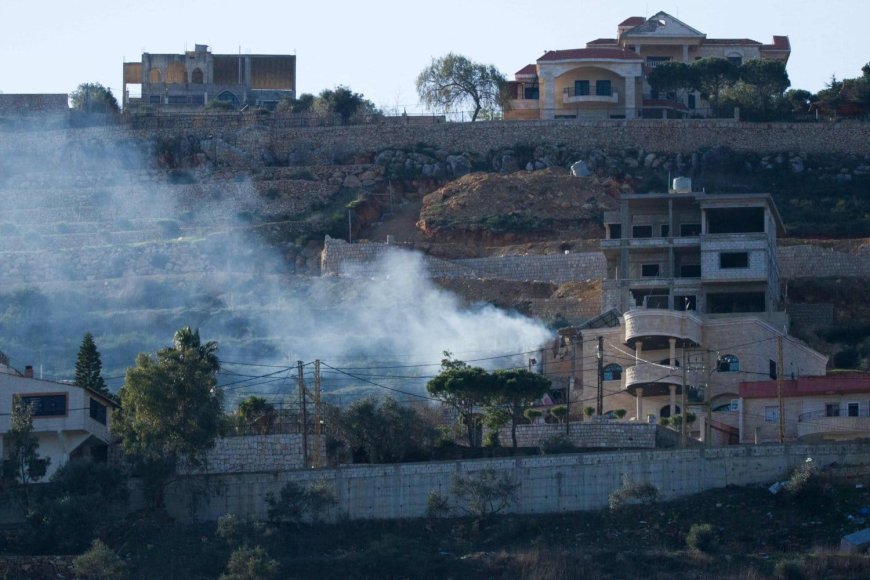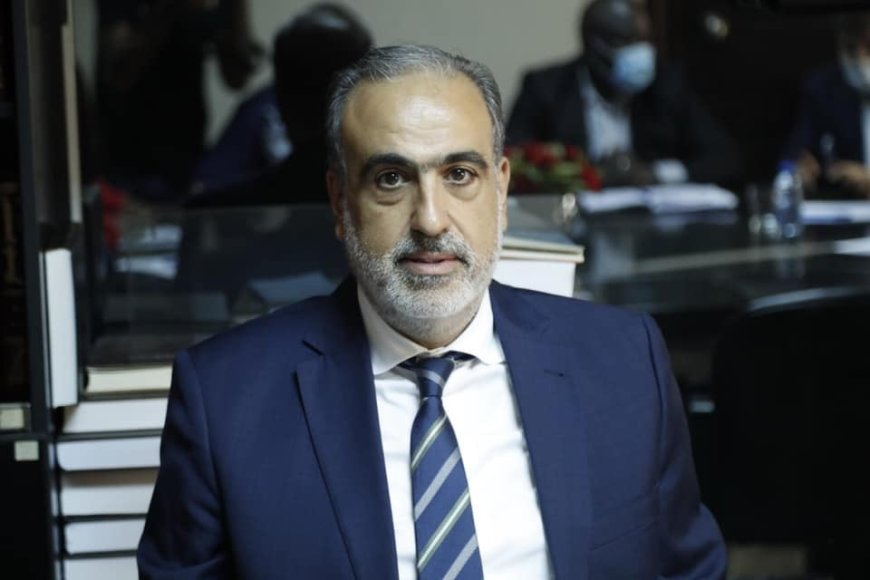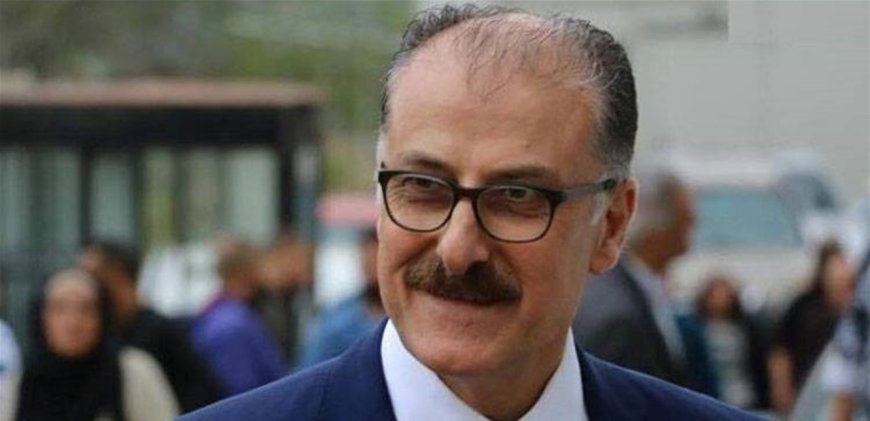Lebanon is living amidst military exchanges and escalating tensions between Hezbollah and Israel in light of the Israeli army's announcement to once again raise readiness on the northern front.
After eleven months of the Gaza war and the opening of the southern front, gunfire is still ongoing and hostilities continue; despite international positions, particularly the assurances from the U.S. and Iran regarding their unwillingness to expand the war, the sound of airstrikes and shelling in the south is louder than all the voices calling for an end to the conflict.
The fiery southern front of Lebanon is bearing heavy losses in terms of both lives and infrastructure, along with catastrophic social and economic repercussions, without any prospect for a ceasefire that could put an end to the significant state of depletion.
7,800 attacks
The director of Statistics Lebanon, a company specialized in public opinion polls and marketing studies, Rabi' al-Habr, detailed to ANHA's agency the losses incurred from the support front in southern Lebanon with numbers. The number of attacks between Hezbollah and Israel reached 7,800 by August, while the number of people who left their homes and moved to safer places amounted to 120,000.
Regarding the number of civilians who fell in the battles in southern Lebanon, the number reached 110, while the casualties from Hezbollah amounted to 390 members.
As for the percentage of losses in residential buildings, it reached 60% due to airstrikes and shelling, and this percentage includes 3,200 residential buildings.
Consequently, the most affected towns in southern Lebanon are Aita al-Shaab, Kfar Kila, and Blida.
Destruction of 3,500 housing units.
Rabia al-Habar explained that more than 3,500 housing units have been completely or partially destroyed, nearly 12,000 housing units have sustained severe damage, and 20,000 have suffered minor damage.
Regarding the repercussions of the war on tourism, it has decreased by 70%. As for air traffic compared to the year 2023, it was 6,500 flights, dropping this year to 5,000 flights by August; meanwhile, hotel occupancy has fallen to 15%.
In conclusion, the number of fatalities in southern Lebanon reached 480, with 1,438 injured by July.
Material losses have reached 3 billion dollars, particularly in the construction, tourism, and travel sectors.
Extending UNIFIL's mandate as a shield for stability in the south.
The decision to renew the mandate of the United Nations Interim Force in Lebanon (UNIFIL) for another year came after the most intense escalation between Hezbollah and Israel, following the party's response to the assassination of leader Fouad Shukr. The United Nations Security Council unanimously agreed to renew the UNIFIL mission for another year.
The Security Council also urged all parties to take immediate measures to de-escalate and to recommit to the full implementation of all provisions of Resolution 1701.
UNIFIL had previously described the situation along the Blue Line as concerning and called for a cessation of hostilities, to be followed by the implementation of Resolution 1701.
The blue line is the demarcation line drawn by the United Nations on June 7, 2000, separating Lebanon on one side and Israel and the occupied Golan Heights on the other.
The extension of UNIFIL is seen as an international cover for the country, highlighting that stability in Lebanon is a top priority for its friendly nations
The southern front between supporting Gaza and a war of attrition not decided by Lebanon.
Between supporters and opponents of the southern war, a parliamentary source who refuses to reveal his identity for security reasons spoke to ANHA's agency about the issue. He stated that Hezbollah is dragging Lebanon into a war that the majority of the Lebanese people do not want and did not decide upon. He noted that this war is draining Lebanon, its economy, and the Lebanese people's ability to endure. In addition to the combat operations in the south and the Israeli bombardment that resulted in massive destruction of property and agricultural land.
Regarding the extension of UNIFIL, the source believes that this decision reaffirms the international community's interest in Lebanon, serving as a protective umbrella for the events unfolding in the south.
He believes that the solution will only be through the implementation of Resolution 1701, as it is the only path to calm and halt the war between Hezbollah and Israel.
Member of the Democratic Gathering, Lebanese parliamentarian Bilal Abdullah, stated to ANHA's agency that: "The issue is not about support or lack of support; it is related to the Palestinian-Lebanese struggle against the Israeli enemy since 1942. Neutrality on this matter is illogical, as Israel does not wait for the opening or closing of the southern front to violate Lebanon. Its breaches of Lebanese sovereignty, which began in 2006 during the July War, continue to this day."
Abdullah explained that the fundamental principle is to prevent Lebanon from being drawn into a full-scale war, and this is what is happening today by respecting the rules of engagement to the minimum extent.
Abdullah believes that the course of the war and confrontation is linked to the hostility practiced by Israel for the past eleven months through the genocide in Palestine, which has not been restrained by the international community or the appeals urging it to stop its war.
Lebanon is not ready for a comprehensive confrontation.
Abdullah believes that Lebanon is not ready for a comprehensive confrontation, neither politically, nor economically, nor socially, and does not have the capacity to endure a long and total war with Israel. The evidence is what is happening in Palestine with the complete complicity of the international community.
Abdullah pointed out that the current effort is focused on avoiding a full-scale war, which is what the Lebanese government is doing. He said, "We support them, but this effort remains a Lebanese one, and we must wait to see what Israel wants as it continues its genocide against the Palestinian people. It is not satisfied with its war on Gaza but is extending its war to the West Bank, and we must await its hostile plans in the region."
The scenario for tomorrow in the south involves the continued linking of the two fronts.
After Hezbollah's attack on Israel and its response to the assassination of leader Fouad Shukr, the southern support front has returned to its daily rhythm of mutual shelling and targeting military sites, according to military experts. Regionally, attention is focused on the Iranian response, which awaits the stalled negotiations in Cairo regarding Israel's insistence on maintaining the Philadelphia and Netzarim axes. Consequently, the outcomes of these negotiations will have implications for the region, particularly for Lebanon, with American confirmation that the expansion of the war has become unlikely.
T/ Satt.
ANHA

